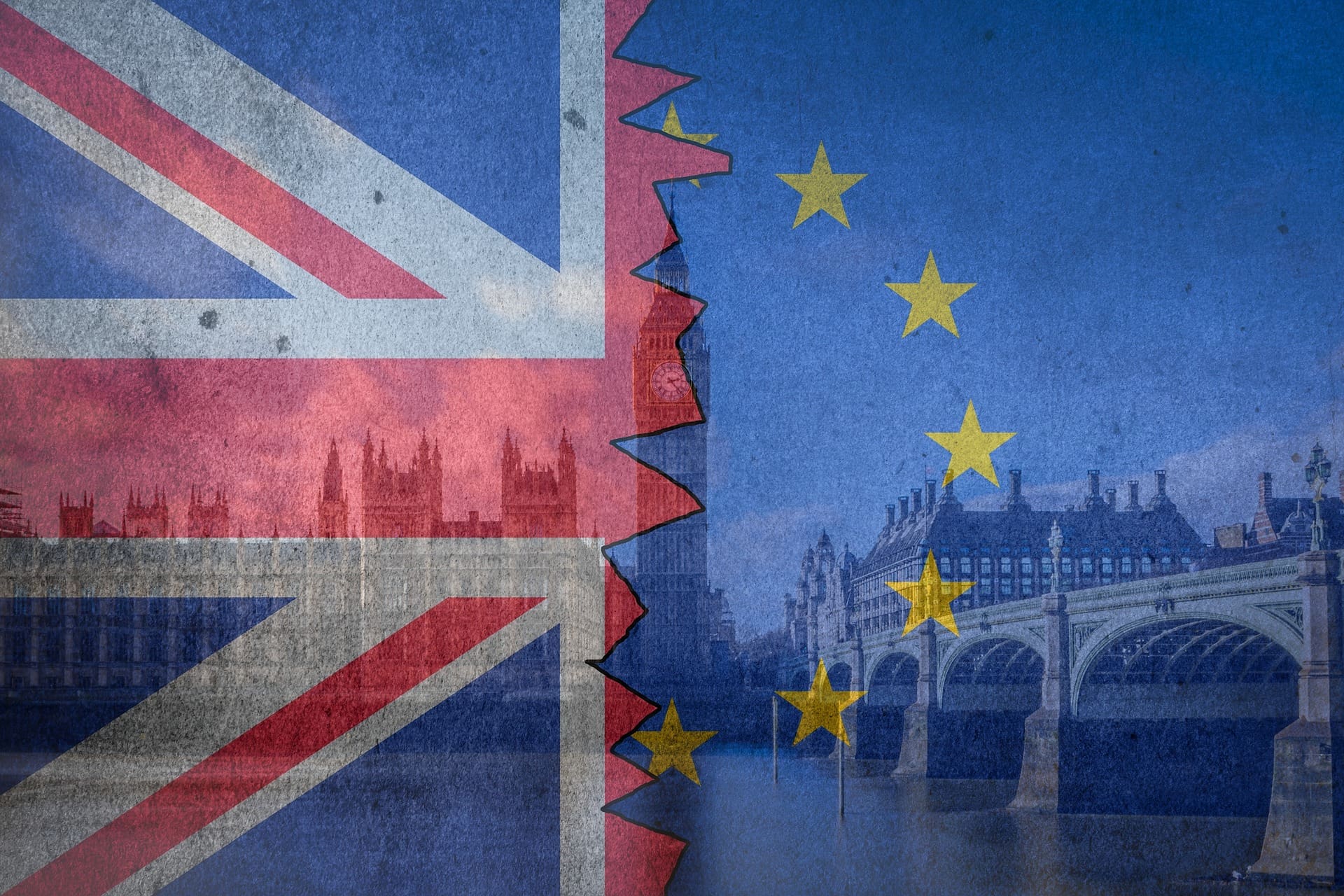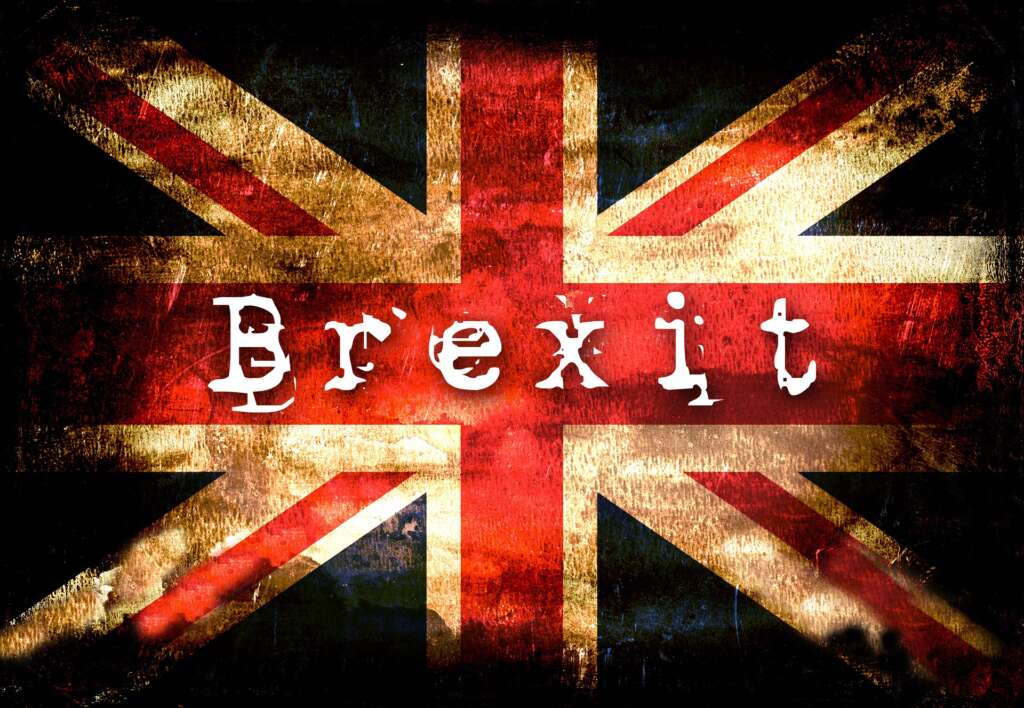
Expat pensions after Brexit – What can we expect?
For better or worse, we now know that Brexit is definitely going to happen (or has already happened if you are reading this after 31st January 2020). As a result, I want to look at how expat pensions might be affected now that Brexit “is done”.
In particular, I will review the potential implications for expats who have UK pensions and who have already retired or plan to retire in the EEA.
There has been a lot of scaremongering on this subject. Largely, this has been carried out by financial firms promoting the transfer of pensions for expats before Brexit.
In a nutshell, they say that you will lose access to your pension, pay more tax and have less control after Brexit.
I want to use this post to dispel those myths and give a clearer idea of what to expect in a post-Brexit world.
What we will cover in this post
1 How could Brexit affect your state pension as an expat in the EU?
1.1 “Frozen” state pensions
1.2 Next stage of Brexit negotiations
2 How could Brexit affect Qualifying Recognised Overseas Pensions Schemes (QROPS)?
2.1 Future transfers to QROPS
2.2 Brexit and QROPS that are already in place
3 How could Brexit affect UK registered pension schemes?
3.1 Double taxation treaties
4 Does Brexit mean that UK pensioners in the EEA are going to stop receiving their pension/annuity income?
5 Pensions for expats after Brexit – Conclusion
6 Additional resources:

How could Brexit affect your state pension as an expat in the EU?
This would put them in exactly the same boat as UK expats who live in countries such as Australia, New Zealand, South Africa and Canada, who are known as “frozen pensioners”.
This is because their pension payments are frozen at their original payment level, irrespective of inflation.
This can cause big problems for those for whom state pension makes up a material part of their income.
For example, assuming inflation at 2.5 percent pa, after 20 years the current maximum pension of £168.60 per week would have an equivalent purchasing power of only £102.89 per week.
What is the triple lock?
Those who claim UK state pension and live in Britain are protected by something known as the “triple lock”. This ensures their payments increase each year in line with whichever of the following is the highest:
- price inflation
- average wage growth
- 2.5 percent
E.g. in the current tax year (2019/2020), the full new state pension is £168.60 per week. It will increase by 3.9 percent to £175.20 per week this April to reflect wage growth, as this was higher than both inflation and 2.5 percent in the past year.
The benefit will also apply to expats who move to the EU before the end of 2020.
However, those moving to the EU after 2020 might see state pension payments frozen unless a post-Brexit deal is struck.
Especially as, according to the DWP, the estimated cost of uprating pensions for the half a million expats who are already in the EU will be around £3.1 billion over the next five years.
Next stage of Brexit negotiations
Whether expats who move to the EU post-2020 get their state pension uprated depends on negotiations during the transition period – the next phase of Brexit, commencing after January 31.

How could Brexit affect Qualifying Recognised Overseas Pensions Schemes (QROPS)?
Future transfers to QROPS
QROPS were introduced in 2006 as a result of the UK adopting EU legislation regarding freedom of capital.
In fact, the government actually went further than the EU legislation required. They made it possible to transfer UK pensions to QROPS anywhere in the world, not just within the EU.
However, due to abuses by some financial advisers, HMRC took serious action to limit overseas pension transfers in April 2017. This was done through the introduction of the Overseas Transfer Charge (OTC).
The key point here is that due to EU legislation it was not possible to apply the OTC to transfers within the EU. Post Brexit, this is likely to be reviewed .
Therefore, if you are one of the people that would benefit from using a QROPS and are concerned about the uncertainty of future UK pension reforms, then you could consider future-proofing yourself by transferring your funds out of the UK into a QROPS.
Brexit and QROPS that are already in place
Despite them coming into existence on the back of EU legislation, the EU actually has very little to do with the regulation of QROPS. Therefore, for most expats who already have one in place, Brexit will have no impact.
In terms of the taxation of QROPS benefits, this should also not be affected for expats post Brexit. It is the double tax treaty (DTT) between the two relevant countries (where you are resident at the time of drawing benefits and the country that the QROPS is in) that determines taxation.
How could Brexit affect UK registered pension schemes?
As with QROPS, the EU have very little to do with UK pension regulations. Indeed, MiFID rules specifically exclude pensions, and IDD rules only apply to insured funds.
Therefore, for most expats, Brexit will have no impact on their UK registered pension schemes.
UK pension freedoms are solely a matter of UK law. Whether the UK is an EU member state or not is irrelevant.
The taxation of UK pension benefits for expats should not be affected by Brexit (as with QROPS). It is the DTT between the two countries that determines taxation in cases where the benefit arises in one country and the recipient is tax resident in another.
Double taxation treaties
Double taxation treaties are separate agreements between individual countries.
In the case of the UK, they are not impacted by whether or not Britain is a member of the EU.
As a result, if you plan to retire in Spain or France, for example, very little will change in terms of your UK registered pension.
Does Brexit mean that UK pensioners in the EEA are going to stop receiving their pension/annuity income?
No.
I have seen a lot of chat (especially on Facebook expat groups) that this could happen. This is just scaremongering; it won’t.
The whole point of Brexit is that the UK no longer falls under EU rules. In the same way as the USA, for example, does not. Does anyone reasonably suggest that an American living in the EU cannot receive payments from an American pension/annuity provider?
Pensions for expats after Brexit – Conclusion
If you are a UK expat living in the EU, you may be concerned about the impact Brexit could leave on your everyday life.
That is completely understandable and there are real issues concerning “permanent residency”, driving licences and the like.
However, pensions for expats after Brexit are not really one of the pressing matters. Unless you have a pension fund in excess of £1 million or you are about to reach age 75.
In such a situation, you should consider a QROPS sooner rather than later, in case the window for transferring closes.

Talk to an Expert
Ross is a qualified Chartered Financial Planner and Pension Transfer Specialist.
He has been a cross-border financial adviser for 25 years and specialises in helping British expats manage their finances with clarity and peace of mind.
If you would like to have a no strings chat with him, please get in touch.

